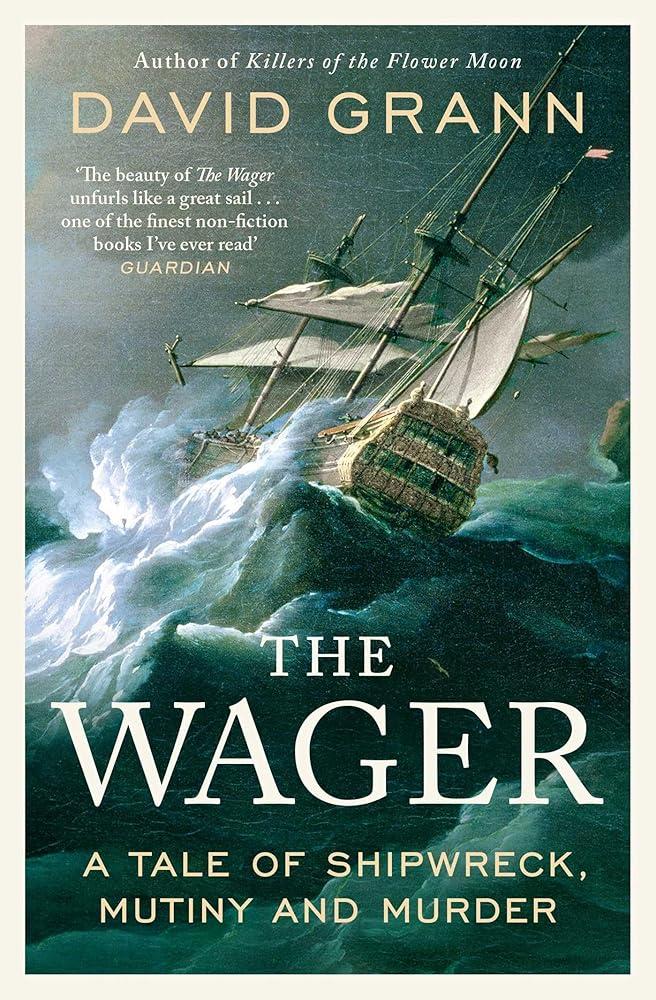
Europe without Borders : A History
(Autor) Isaac Stanley-BeckerThe contested creation of free movement—for people and goods—in the Schengen area of Europe Europe is a place of free movement among nations—or is it? The Schengen area, established in 1985 and today encompassing twenty-nine European countries, allows people, goods, and capital to cross borders without restraint. Schengen transformed European life, advancing both a democratic project of transnational citizenship and a neoliberal project of international free trade. But the right of free movement always excluded non-Europeans, especially migrants of color from former colonies of the Schengen states. In Europe without Borders, Isaac Stanley-Becker explores the contested creation of free movement in Schengen, from treatymaking at European summits and disputes in international courts to the street protests of undocumented immigrants who claimed free movement as a human right. Schengen laid the groundwork for the making of a single market and the founding of the European Union. Yet its emergence is one of the great untold stories of modern European history, one hidden in archives long embargoed. Stanley-Becker is among the first to have access to records of the treatymaking—such as letters between France’s François Mitterrand and West Germany’s Helmut Kohl—and Europe without Borders offers a pathbreaking account of Schengen’s creation. Stanley-Becker argues that Schengen gave a humanist cast to a market paradigm; but even in pairing the border crossing of human beings with the principles of free-market exchange, this vision of free movement was hedged by alarm about foreign migrants. Meanwhile, these migrants—the sans-papiers—saw in the promise of a borderless Europe only a neocolonial enterprise.
Isaac Stanley-Becker
Isaac Stanley-Becker is a journalist and writer known for his incisive political commentary and cultural analysis. His most famous work, "The World According to Star Wars," explores the impact of the iconic film franchise on society. Stanley-Becker's sharp wit and insightful analysis have made him a respected voice in literature.





